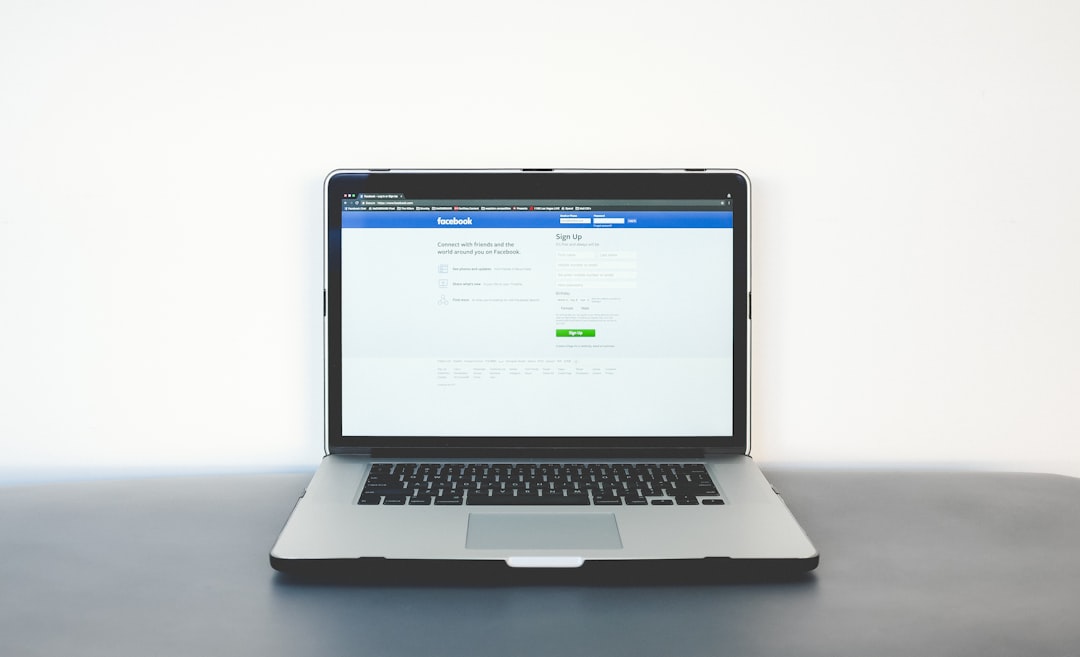Choosing the right domain registrar can be a critical decision for website owners and developers alike. Particularly for those concerned with cost, DNS functionality, and performance, the decision often comes down to two major names in the domain space: Namecheap and Cloudflare. Both companies provide domain registration services, but their approaches, add-ons, and pricing structures are quite different. When it comes to transfer fees and DNS perks, understanding the benefits and limitations of each provider can make a significant impact.
Overview of Namecheap and Cloudflare as Registrars
Namecheap has been in the domain business since 2000 and is widely known for its affordable domain pricing, wide selection of TLDs, and strong customer support. It includes a full suite of services such as web hosting, email, and security features.
Cloudflare, on the other hand, is known primarily for its content delivery network (CDN) and security services. It entered the registrar business more recently and operates it differently. Cloudflare offers domain registrations at wholesale prices, meaning they sell domains without any markup. However, this service is currently limited to existing Cloudflare customers and lacks some of the features other registrars offer.
Domain Transfer Fees: A Side-by-Side Comparison
Transferring a domain typically involves an additional year of registration paid upfront, and the cost varies between registrars due to pricing structures. Here’s how Namecheap and Cloudflare measure up:
- Namecheap: Charges a domain transfer fee that usually includes 1 year of renewal. Prices vary depending on the TLD. For instance, transferring a .com domain costs around $9.76 (as of 2024), which includes domain privacy and DNS management.
- Cloudflare: Offers domain transfers at wholesale cost and does not charge a markup fee. A .com domain transfer is around $8.57, depending on ICANN fees. However, domain privacy (WHOIS protection) is included for free, similar to Namecheap.
When purely evaluating transfer fees, Cloudflare comes up slightly cheaper. However, for users who prefer a comprehensive dashboard and additional service offerings, Namecheap may still hold value.

DNS Features and Perks
One of the major differentiators between these two providers isn’t just the cost—it’s the suite of DNS management tools and benefits they offer. Here’s a breakdown:
Namecheap DNS Perks
- Free Dynamic DNS support
- DNSSEC capability
- Custom email forwarding at no cost
- User-friendly DNS management panel
- Premium DNS option for enterprise-level services
Namecheap’s DNS infrastructure is reliable, and for most users, the standard features are more than sufficient. Advanced users can also upgrade to “PremiumDNS,” which offers 100% uptime and priority support.
Cloudflare DNS Perks
- Enterprise-grade DNS for free
- Automatic caching and CDN integration
- Built-in DDoS protection
- DNSSEC with one-click configuration
- Global Anycast network
Cloudflare revolutionizes the game with arguably the fastest DNS resolver globally. Whether it’s minimal latency, redundancy, or security features, Cloudflare DNS is unmatched in its free tier. Domain registration customers also benefit from unified performance across domains and DNS, tightly integrated with Cloudflare’s CDN and web application firewall (WAF).

Privacy Protection and Security
Another essential factor in choosing a domain registrar is the level of WHOIS privacy and security features available:
- Namecheap: Provides free WHOIS protection through its “WhoisGuard” service on eligible domains. It also includes two-factor authentication (2FA) and custom DNS templates.
- Cloudflare: Also offers WHOIS privacy by default on supported domains. Especially appealing for security-conscious users, Cloudflare ensures that domains cannot be transferred or modified without verifying identity via account-level settings.
Both services take user privacy seriously, but Cloudflare’s approach to security—being a cybersecurity company first—adds a layer of confidence for high-profile domain owners.
User Experience and Interface
Namecheap offers a polished, intuitive interface with ample controls for domain and hosting features. It’s designed for users who want a full-service experience with everything in one place.
Cloudflare provides a lean, minimalist dashboard that’s optimized for speed and performance. While it’s not packed with traditional registrar features like email or hosting add-ons, its orientation is toward users managing high-performance sites who value integration over breadth.
Support and Documentation
- Namecheap: Offers 24/7 live chat and responsive email support. Their knowledge base is extensive and aimed at both beginners and advanced users.
- Cloudflare: Has a larger knowledge base and community forum, but live support and chat are generally reserved for paid users. The registrar service itself has less direct human support since the registration is marked at cost without additional customer service margins.
If support matters greatly to you—or you expect needing help regularly—Namecheap may be the preferred option. Cloudflare assumes a more self-service model for its domain product.
Conclusion: Which One is Right for You?
The choice between Namecheap and Cloudflare largely comes down to your needs and technical expertise. In summary:
- Choose Namecheap if you want: A one-stop-shop for domains, email, and hosting, an intuitive dashboard, and easy access to support.
- Choose Cloudflare if you want: Ultra-low pricing, high-performance DNS, and seamless security integration with your global web infrastructure—especially if you’re already a Cloudflare user.
Ultimately, Cloudflare is a stellar choice for technically savvy developers and businesses looking to optimize performance and security, while Namecheap shines for its ease and feature richness tailored to everyday users.

Frequently Asked Questions
- Q: Is it cheaper to transfer domains to Cloudflare?
A: Yes, Cloudflare sells domains at cost with no markup, making it slightly cheaper for most TLDs versus Namecheap. - Q: Does Namecheap include domain privacy for free?
A: Yes, Namecheap includes WhoisGuard protection at no additional charge on most eligible domains. - Q: Can I use Cloudflare DNS if my domain is registered with Namecheap?
A: Absolutely. You can point your Namecheap domain to Cloudflare’s nameservers while keeping the domain hosted with Namecheap. - Q: Does Cloudflare offer email forwarding?
A: Yes, but it’s a separate feature called Email Routing that must be configured after setting up your domain within Cloudflare. - Q: Which registrar supports more TLDs?
A: Namecheap offers a much broader range of top-level domains compared to Cloudflare, which currently supports a limited selection. - Q: Is customer support better with Namecheap?
A: For most users, yes. Namecheap offers 24/7 live chat and has a reputation for quality customer support, whereas Cloudflare relies more on documentation and community support.
Making the right decision between these two domain registrars depends on your specific needs. Both offer great perks—but the best choice hinges on how you prioritize cost, DNS speed, privacy, and ease of use.
